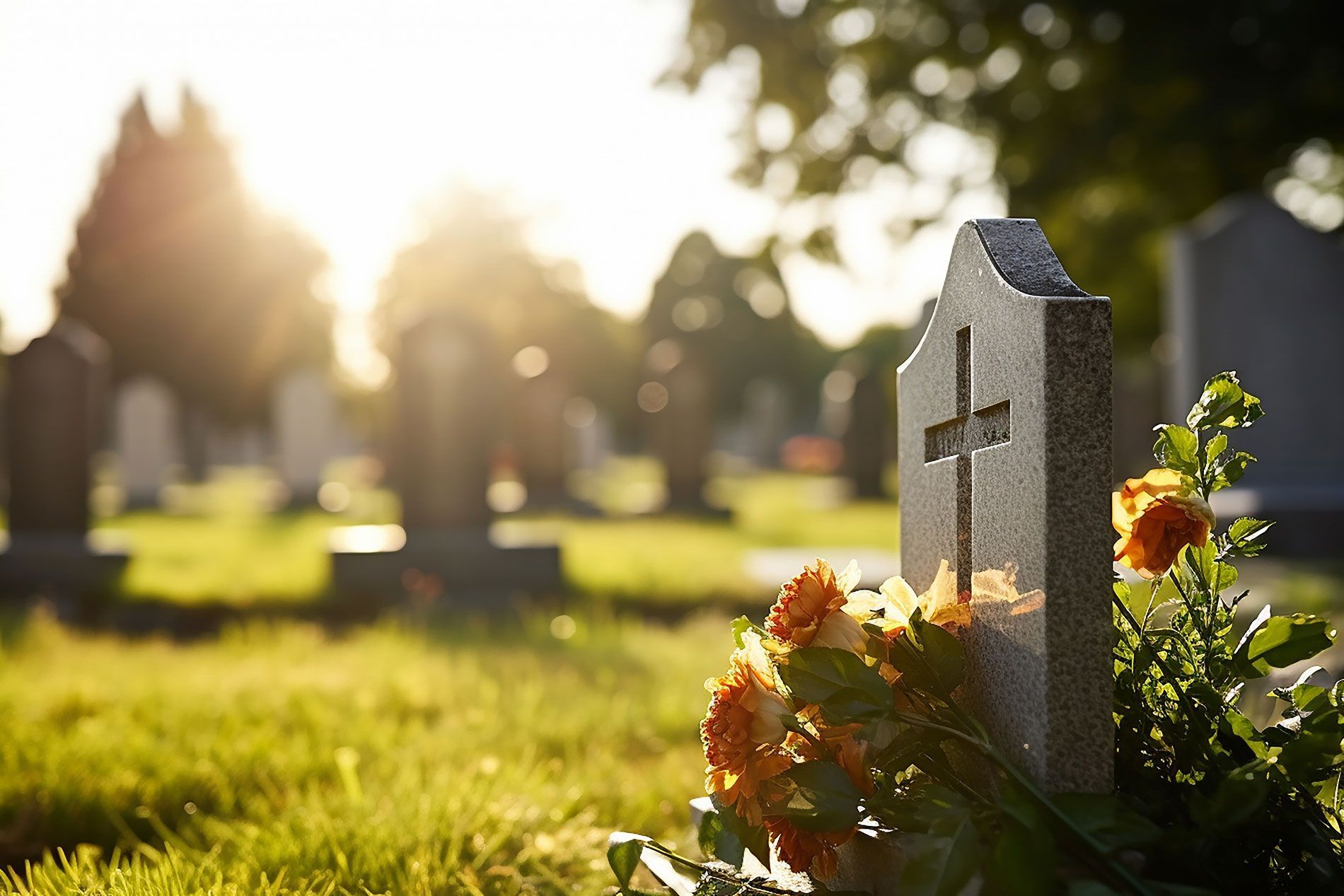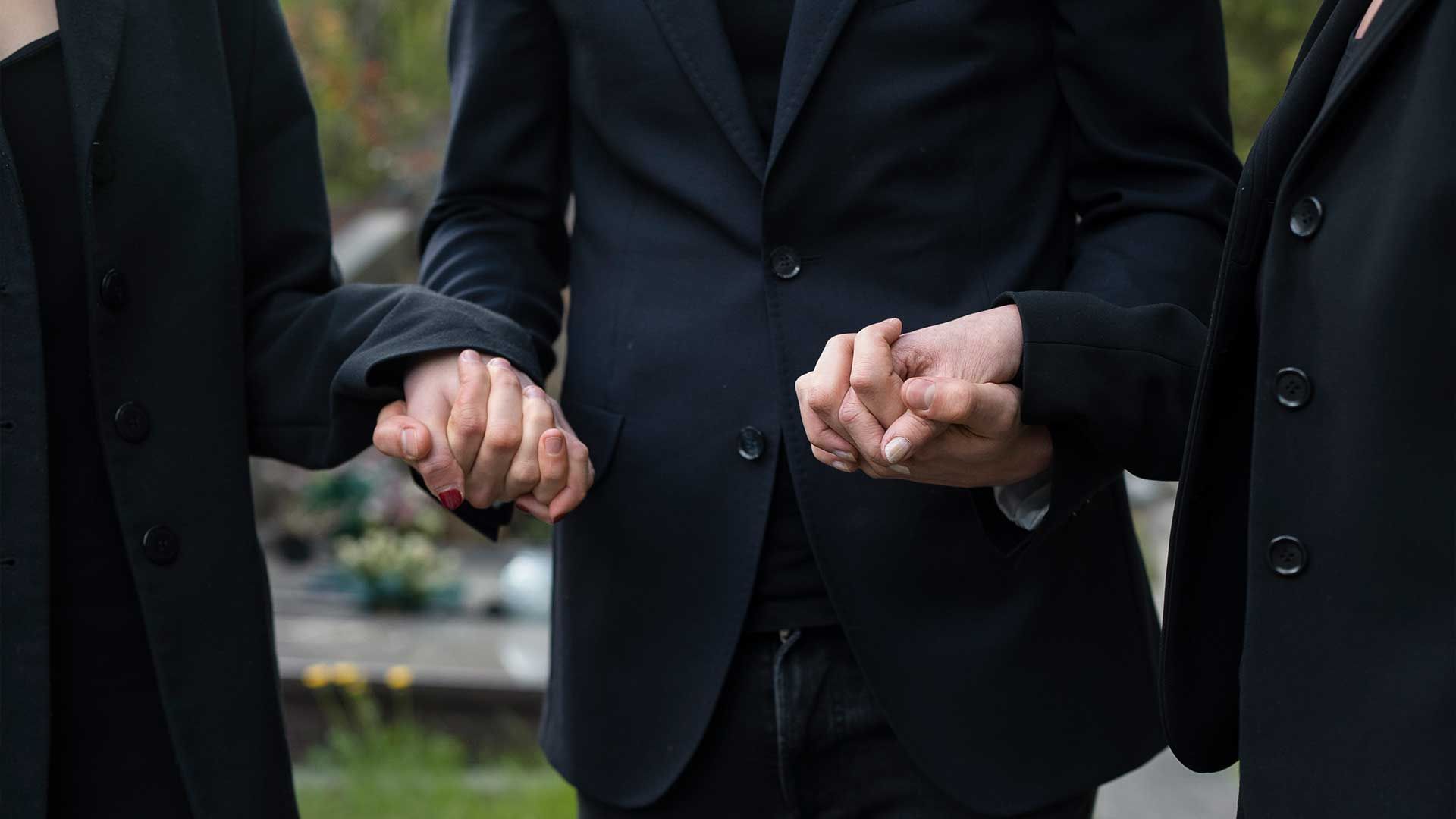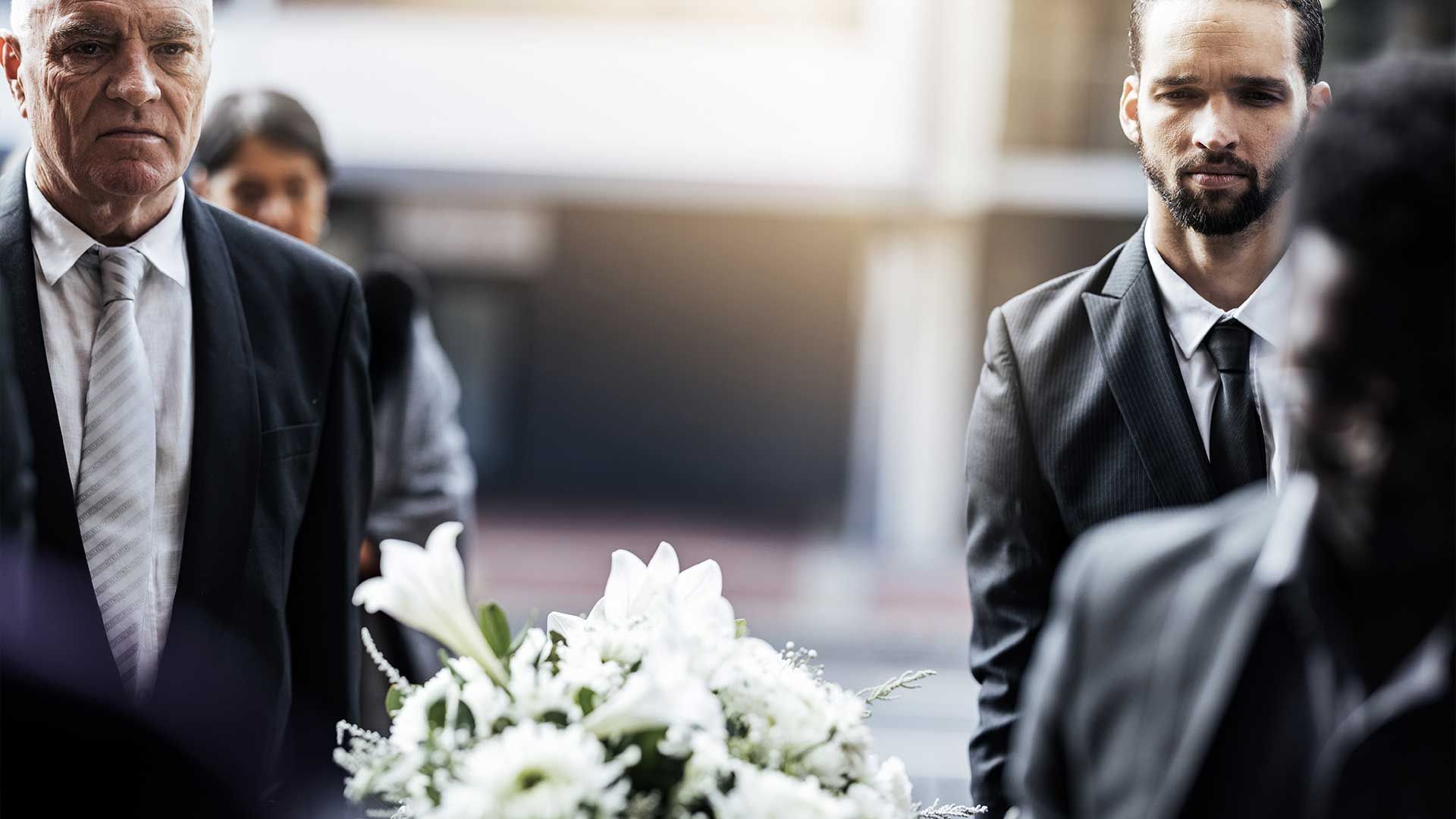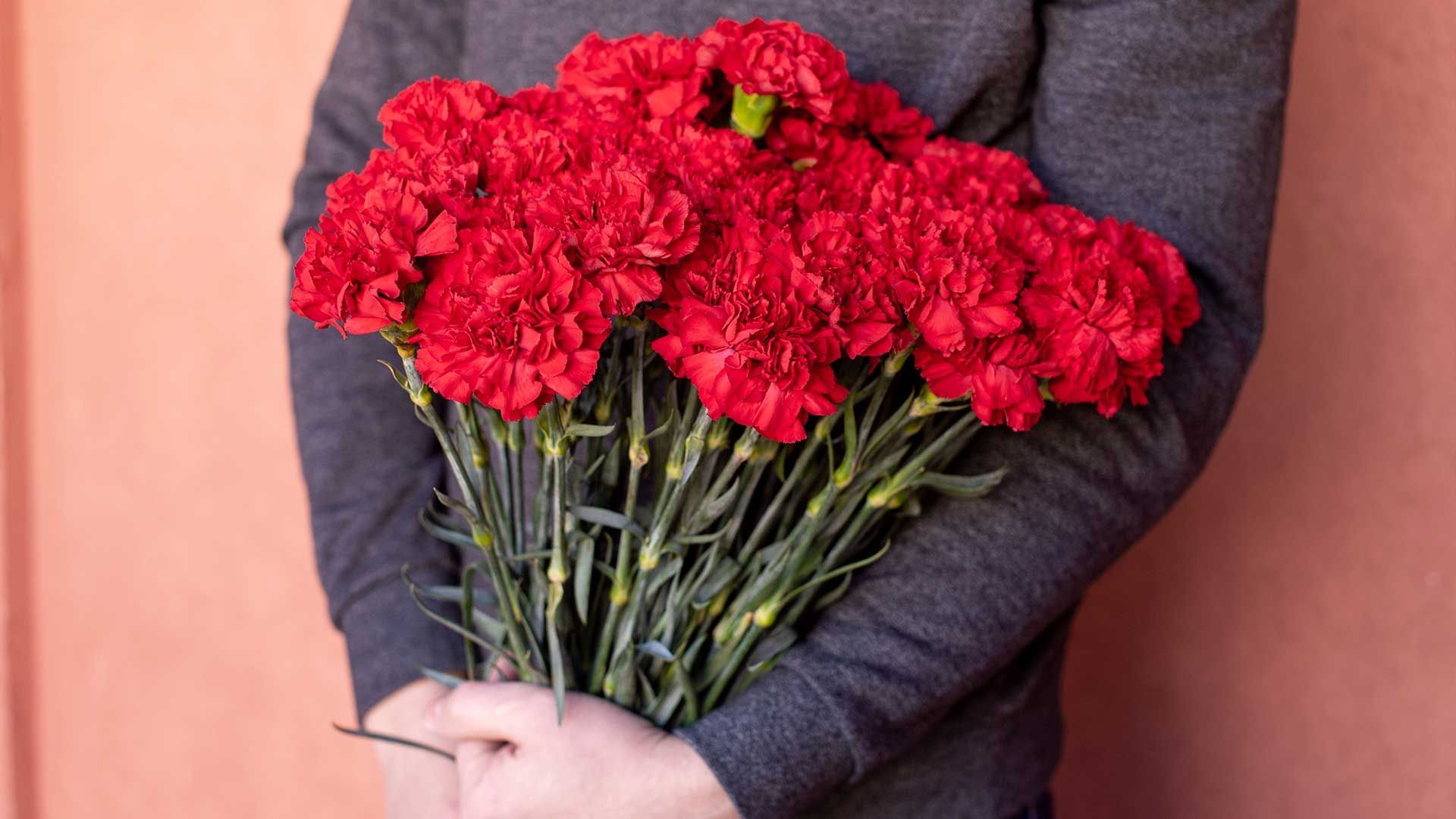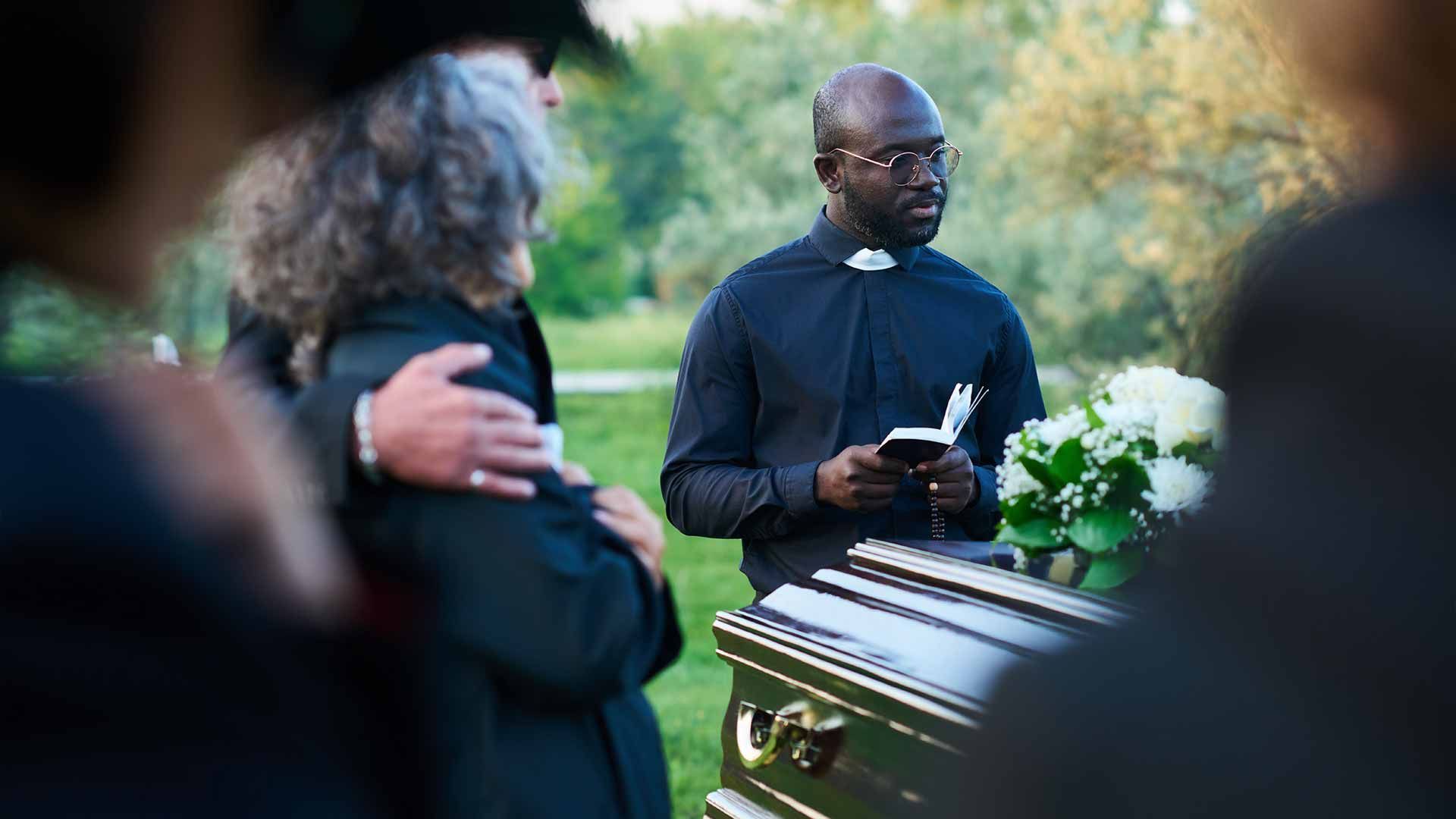Why Eco-Friendly Burials Are the Future: A Guide to Green Goodbyes
Eco-friendly burials are rapidly gaining traction as a dignified and sustainable alternative to conventional burial practices. This green approach to final farewells honors the deceased while prioritizing environmental preservation, marking a significant shift towards more conscious end-of-life decisions. Eco-friendly burials minimize ecological impact by foregoing harmful chemicals and non-biodegradable materials, instead opting for natural decomposition processes that return the body to the earth in a nurturing manner. This method not only conserves natural landscapes but also provides a habitat for wildlife, embodying a full-circle life philosophy. The growing popularity of eco-friendly burials reflects a societal shift towards environmental responsibility and a desire to leave a positive legacy. As we look to the future, eco-friendly burials stand out as a profound testament to personal and collective environmental ethics, offering a path that aligns closely with the increasing emphasis on sustainability and respect for our planet.
The Environmental Impact of Traditional Burials
Conventional burial methods carry a significant ecological footprint, primarily due to the use of embalming chemicals, resource-intensive casket materials, and extensive land use. Embalming, a common practice aimed at preserving the body, involves toxic chemicals like formaldehyde, which can leach into the soil, posing risks to both soil health and groundwater quality. The caskets, often made from rare woods, metals, and synthetic materials, not only deplete natural resources but also hinder the natural decomposition process, contributing to soil contamination.
Additionally, traditional burial grounds require vast tracts of land, altering natural landscapes and reducing space available for natural habitats. Over time, these practices cumulatively impact soil integrity and groundwater purity, disrupting ecosystems and potentially affecting human health. The environmental consequences of traditional burials underscore the urgent need for sustainable alternatives like eco-friendly burials, which promise a return to natural cycles without the adverse environmental impact.
Understanding Eco-Friendly Burials
Eco-friendly burials are defined by their adherence to principles that prioritize the earth's ecological balance and natural restoration. At the heart of these green practices is the aim to ensure that the burial process contributes positively to the environment, facilitating a natural return to the earth without harmful consequences. This approach is characterized by the use of biodegradable materials and the avoidance of toxic chemicals, aligning with the core principles of minimal environmental impact and conservation of natural resources.
Among the options for eco-friendly burials, biodegradable caskets made from materials like bamboo, willow, or recycled paper offer a sustainable alternative to traditional caskets, decomposing naturally without contaminating the soil. Natural burial grounds, which forgo conventional headstones and manicured landscapes, promote the preservation of natural habitats and encourage biodiversity. Additionally, tree plantings, where the deceased's remains nourish a new tree, symbolize life's continuity and contribute to reforestation efforts, making a lasting, positive impact on the environment.
Benefits of Eco-Friendly Burials
Eco-friendly burials present significant environmental benefits, chiefly reducing the carbon footprint associated with conventional burials. By eliminating the need for embalming chemicals and non-biodegradable materials, these green practices lessen soil and water contamination, thereby safeguarding our planet's vital ecosystems. Furthermore, eco-friendly burials advocate for the conservation of natural habitats. Natural burial grounds, for instance, maintain the land's ecological integrity, allowing ecosystems to flourish undisturbed. This approach not only promotes biodiversity but also offers a sanctuary for local wildlife, contributing to the broader goal of environmental preservation.
On a personal and social level, eco-friendly burials allow for a more personalized and meaningful farewell. They provide an opportunity for individuals to align their final act with their environmental values, offering solace to loved ones through the knowledge that their farewell respects the earth. Moreover, these sustainable practices foster a sense of environmental responsibility within communities, inspiring collective action towards a greener future and nurturing a deeper connection with nature.
Challenges and Misconceptions
Choosing eco-friendly burials often involves navigating challenges rooted in cultural norms and regulatory hurdles. Traditional burial practices are deeply ingrained in many societies, with rituals and customs passed down through generations, making the shift to green alternatives a significant cultural adjustment for some families. Additionally, legal regulations surrounding burials can vary widely, with certain areas lacking clear guidelines for eco-friendly practices, thereby complicating the decision-making process for those wishing to pursue a more sustainable farewell.
Myths and misconceptions further cloud perceptions of eco-friendly burials. One common myth is that green burials are unhygienic or pose health risks, a notion debunked by scientific evidence demonstrating that natural decomposition is a safe and sanitary process. Another misconception is that eco-friendly options are more costly; in reality, they often prove more affordable due to the simplicity and reduction of materials used. Addressing these challenges and dispelling myths is crucial in making eco-friendly burials a more accessible and understood choice for all.
Planning an Eco-Friendly Burial
For those considering an eco-friendly burial, it's essential to start with thorough research on legal considerations, as laws and regulations regarding burials can vary by region. Understanding local statutes is crucial in planning a green burial that complies with legal requirements. Identifying eco-friendly burial providers is the next step, focusing on services that offer sustainable options such as biodegradable caskets or urns and natural burial grounds. Many providers now specialize in green burials and can offer guidance tailored to individual preferences and environmental values.
Communicating your wishes for an eco-friendly burial to family members is equally important. Open and honest discussions can help align expectations and ensure your desires are understood. Documenting your wishes in legal documents, such as a will or advance directive, provides clarity and legal weight to your preferences, ensuring they are honored. Engaging an attorney familiar with eco-friendly burial practices can further ensure that your plans are both legally sound and in line with your environmental principles.
Case Studies and Examples
Real-life stories of individuals opting for eco-friendly burials often highlight the profound impact of such choices on families and communities. For instance, the story of Jane, who chose a natural burial in a conservation cemetery, illustrates a growing trend. Her family found comfort in the knowledge that her final resting place would contribute to the preservation of a natural habitat, turning their loss into a lasting legacy of environmental stewardship.
Innovative practices around the world further showcase the versatility of green burials. In Sweden, the concept of "promession," a method that freeze-dries the body before it is placed in a biodegradable urn, is gaining attention for its minimal environmental impact. Meanwhile, in the UK, woodland burials, where a tree is planted over the burial site, are becoming a popular way to memorialize loved ones while contributing to forest regeneration. These examples reflect a global shift towards more sustainable and meaningful end-of-life practices, underscoring the positive ripple effects of eco-friendly burial choices.
The Future of Eco-Friendly Burials
The realm of eco-friendly burials is witnessing a surge in innovative trends and materials, signaling a promising shift towards more sustainable end-of-life practices. Emerging technologies, such as biodegradable urns that transform ashes into thriving trees, are redefining the concept of leaving a green legacy. Similarly, the development of mushroom suits, designed to accelerate decomposition and remove toxins from the body, showcases the creative intersection of science and sustainability in funeral care.
The potential for these green burial practices to become mainstream is bolstered by a growing public consciousness about environmental issues and a desire for more personalized and meaningful end-of-life options. As these eco-friendly alternatives gain visibility and acceptance, they are likely to play a pivotal role in promoting environmental sustainability. By offering options that reduce carbon footprints and contribute to land conservation, eco-friendly burials can encourage broader societal shifts towards sustainable living, making them a crucial component of the global environmental movement.
Conclusion
Throughout this article, we've explored the significant benefits and growing importance of eco-friendly burials as a sustainable choice for our final farewells. From reducing the ecological footprint of traditional burial methods to embracing innovative practices that honor our connection to the earth, eco-friendly burials present a compelling alternative that aligns with a future-oriented environmental ethic. These green practices not only conserve natural habitats and promote biodiversity but also offer deeply personal and meaningful ways to say goodbye, reflecting an individual's values and the legacy they wish to leave behind.
As we move forward, it's essential for each of us to reflect on the impact of our choices, including those concerning our final departure. By considering an eco-friendly burial, we have the opportunity to make a statement about the importance of sustainability, contributing to a healthier planet even in our absence. Let us embrace this chance to ensure our last act on earth is one that supports the continuation of life in its most natural form.
Call to Action
We encourage you to delve deeper into the world of eco-friendly burials and consider how this choice aligns with your environmental values and end-of-life preferences. Starting conversations about such preferences with loved ones can be a profound and meaningful journey, opening pathways to discussions about legacy, sustainability, and personal wishes. As you explore the possibilities and benefits of green burials, consider reaching out to experts in the field for guidance and support.
Marik-Baken Funeral Services Ltd specializes in providing eco-friendly burial options and can offer the expertise and compassion needed to navigate these important decisions. Their knowledgeable staff are ready to assist you in understanding the various sustainable choices available, ensuring your final wishes are both respectful to you and the environment. Feel free to contact Marik-Baken Funeral Services Ltd at (773) 910-3400 for more information or to start planning a green farewell that reflects your commitment to preserving the planet for future generations.
FAQs
-
What makes eco-friendly burials a sustainable choice for the future?
Eco-friendly burials reduce environmental impact by using biodegradable materials and avoiding toxic chemicals. They conserve natural landscapes and promote biodiversity, aligning with future sustainability goals.
-
How do eco-friendly burials differ from traditional burial practices?
Unlike traditional burials, eco-friendly burials forego embalming, use biodegradable caskets or shrouds, and often take place in natural settings. They aim for minimal ecological disturbance and natural decomposition.
-
Can eco-friendly burials be personalized?
Yes, eco-friendly burials offer numerous personalization options, from the choice of biodegradable materials to the location, allowing for a meaningful and individualized farewell that reflects personal values.
-
Are eco-friendly burials more expensive than traditional burials?
Not necessarily. Eco-friendly burials can be more affordable due to simpler practices and materials. Costs vary based on specific choices, but many find green burials to be a cost-effective alternative.
-
Where can I find eco-friendly burial services?
Many funeral service providers, including Marik-Baken Funeral Services Ltd, now offer eco-friendly options. Research local providers, or contact Marik-Baken Funeral Services Ltd at (773) 910-3400 for information on green burial services.
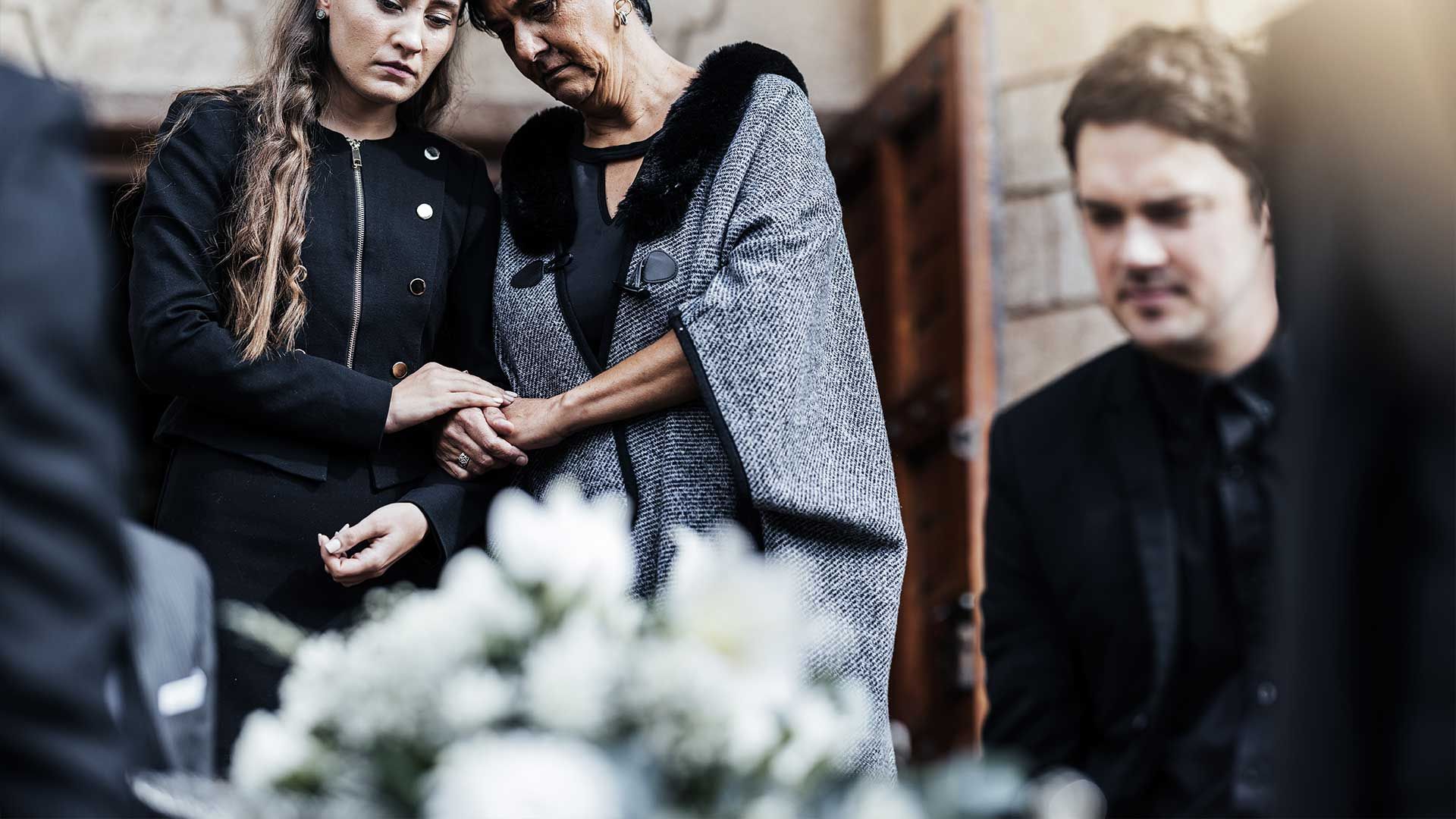
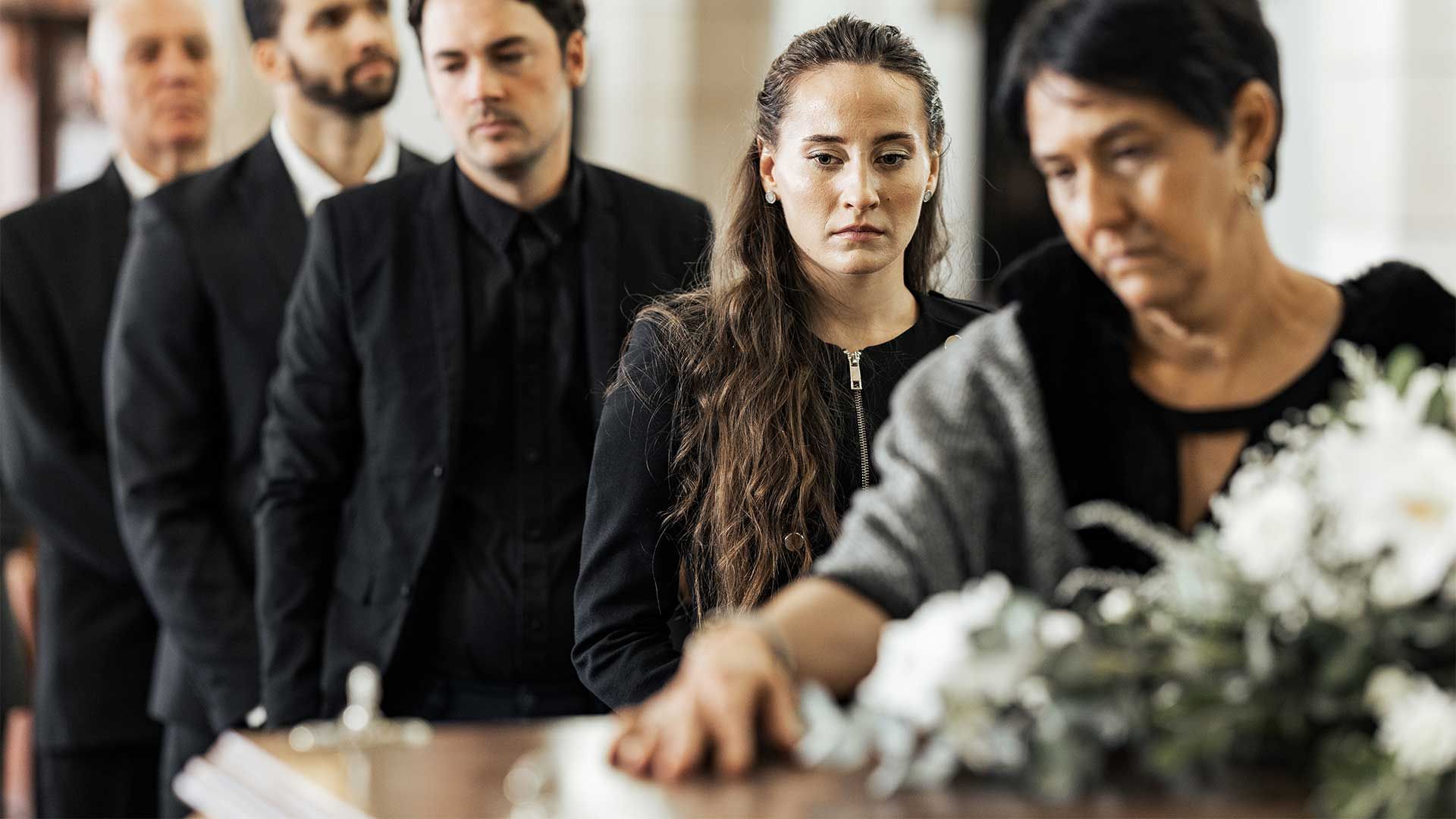
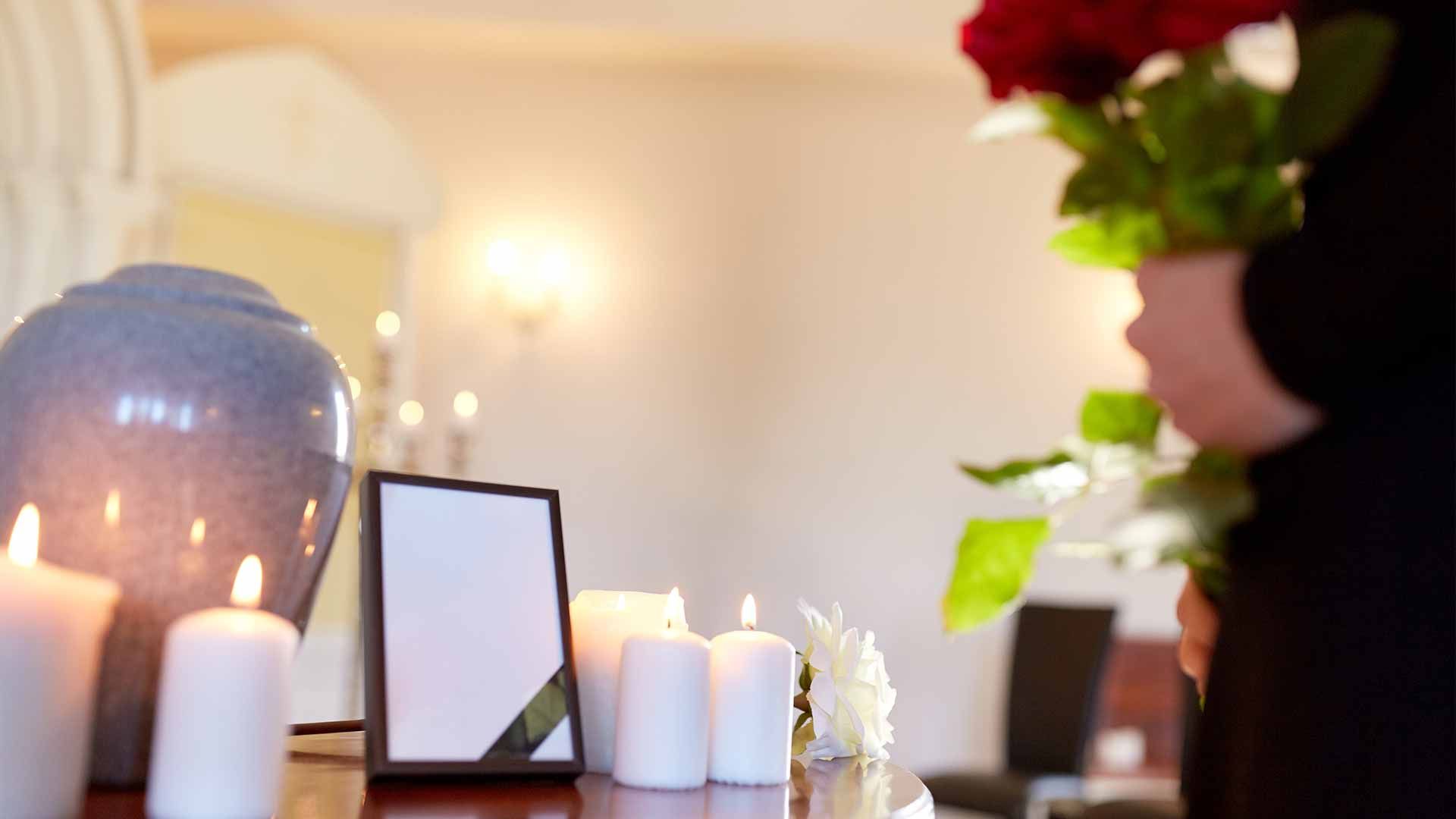
© 2024 All Rights Reserved | Marik-Baken Funeral Services Ltd.

